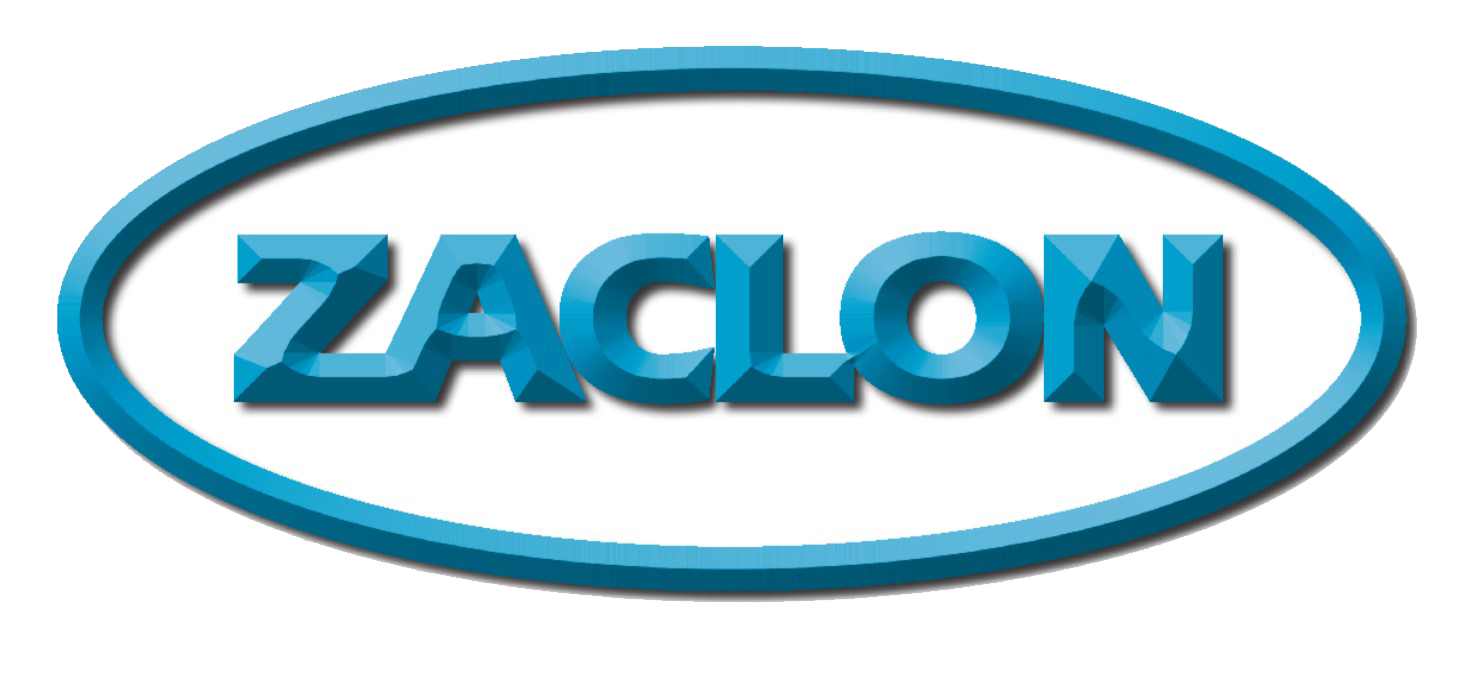Galvanizing 103
In the last installment, we looked a little at the broad range of cleaning technologies available to a galvanizer. Picking the right one depends on both experience and a little luck! If the customer can possibly tell you what sorts of cutting fluids, lubes, etc. they use, picking the right way to clean is simpler. For example, if they only use a paint marker, and not much else, then there are at least 2 easy-ish ways to take it off---quick spray of paint remover, then a caustic or acidic degrease will likely take it off.
Usually, of course, the steel picks up stuff all they way along, from the steelmaker themselves, to the trucking, to the initial fabrication, to secondary fabrication and storage perhaps outside, then more trucking, and possibly sitting in the snow, rain, wildfire smoke, flooding and mud, even saltwater. At this point there could literally be hundreds of different things on the steel!
So, what does a cleaner have to do to all of this crud to open things up for the de-rusting? There are 4 basic technical terms used when talking about what a cleaner does to “clean”.
- Dissolution: Chemically reacting with and destroying a soil (saponification by alkali, phosphorylation by acid degrease, simple dissolution by solvents) OR with pickling, dissolving the iron/iron oxides.
- Displacement: Moving the soil away from the surface (may involve friction, agitation, and some chemical and surface tension effects)
- Emulsification: Tying up the soil to prevent it from re-depositing AND sometimes making it more chemically reactive for further breakdown.
- Dispersion: Making the emulsified soil particles very small, or in some cases further tying it up to force it to settle to the bottom or top of a dip tank.
It boils down to getting the soil to release from the steel, and get into any cracks or divots in the steel to get the soil out of them. Then you can dissolve the stuff, or tie it up in tiny droplets, or in the case of blasting, blow it away from the work. Many approaches combine some or all of these at once!
The most common method, and perhaps the easiest, is simply filing or grinding the area (if you can see and reach it.) “Elbow grease” works well for visible and smaller areas. Larger areas, again if it is accessible can be sand-blasted or wheel-blasted. BUT it is easy to miss areas, you can’t get into small tubes for instance; and it leaves the surface rougher. Roughness can pick up more chemicals later in the process; worse, it can pick up more zinc, and sometimes the grinder marks will even print through the zinc coating. And there are also exceptions—some types of steel NEED a little rougher surface to help get coating weights up to specification!

